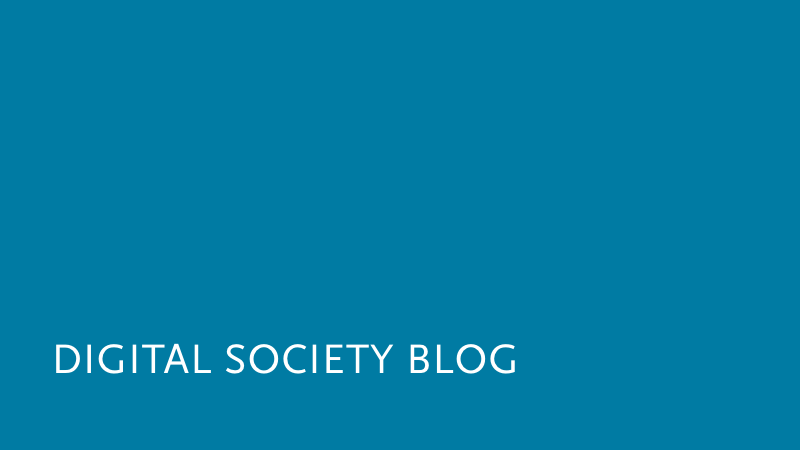
Open Science
Scientifically generated data and results should not vanish behind paywalls and in expensive books, but should be publicly accessible. Open Science is on all sides a popular idea, but rarely implemented. Who benefits from that and why do scientists not share their data? How can new technology like Blockchain make science more transparent and how can citizen science contribute?
Replication is a matter of impact
In their first blogpost the authors argued for the conduction of more replication studies that e.g. use the same data. In this entry they look at how reputation and replication are entangled….
Social Scientists and Replications: Tell Me What You Really Think!
In times of increasing publication rates and specialization of disciplines, it is particularly important for academia to reflect upon measures to safeguard the integrity of research, beyond the classical peer…
Crowd Science
Online platforms offer a variety of opportunities for volunteers to engage in the process of knowledge generation. How are Crowd Science projects brought into being and how do they work? An insight….
Open Access or: Recapturing autonomy
With regard to open access, the academic world is once again on the verge of reverting to a dependence on large publishers. But it doesn’t have to be this way,…
Science goes darknet?
Why do many scientists publish their revolutionary ideas under a cryptical pseudonym on open access platforms? Sönke Bartling, associated researcher at HIIG, is analysing what is behind this trend. Scientists…
How Blockchain can foster innovation in science
Academia is stuck in an analogue thinking. Blockchain technology, a decentral storage system, has the capacity to make digital goods immutable, transparent, and provable and it could solve many of the issues…
Could Blockchain provide the technical fix to solve science’s reproducibility crisis?
Blockchain technology has the capacity to make digital goods immutable, transparent, and provable. Sönke Bartling and Benedikt Fecher look at the technical aspects of blockchain and also discuss its application...
Misconceptions about academic data sharing
Written by Benedikt Fecher & Gert Wagner. In a recent editorial in the New England Journal of Medicine, the authors Longo and Drazen critically assessed the concept of data sharing in…
Seizing the Moment – Is Our Understanding of Open Access Too Shortsighted?
Two weeks ago, the entire editorial board of the journal Lingua quit and announced they would launch a new journal named Glossa. Lingua’s executive editor Johan Rooryck said the reason for the…
Thoughts on the plagiarism affair: Instead of constantly rolling heads, we should talk about our research system
Written by Sönke Bartling and Sascha Friesike. We are facing one plagiarism affair after the other, but let’s face it: Instead of continuing to let heads roll, we should really…
Collapsing Ivory Towers? A Hyperlink Analysis of the German Academic Blogosphere
Jonas und ich haben neulich eine kleine ad-hoc-Analyse deutschsprachiger Wissenschaftsblogs durchgeführt. Wir wollten wissen, wie und auf wen deutschsprachige Wissenschaftsblogs verlinken, um herauszufinden, ob diese neue, nicht-disziplinäre Cluster bilden (tun...
Reputation Instead of Obligation: Why We Need to Forge New Policies to Motivate Academic Data Sharing
Authors Sascha Friesike*1,2, Benedikt Fecher1,3, Marcel Hebing3, Stephanie Linek4 Affiliations 1Alexander von Humboldt Institute for Internet and Society (HIIG), Berlin, Germany 2University of Wuerzburg, Germany 3German Institute for Economic Research…
Academia is a Reputation Economy
In autumn 2014, my colleagues and I conducted a survey on academic data sharing among 1564 researchers in Germany, a follow-up study on our paper “What Drives Academic Data Sharing?“….
Looking at Open Science through the Prism of a Social Dilemma
The essence of open science is to make the whole research process transparent and accessible. The idea of open science can be traced back to the days of the emergence…
How the Past Defines the Present. Understanding the Path Dependance of Academic Publishing
Did you ever wonder why it says QWERTY up on the left of your keyboard? And what does it have to do with academic publishing? In 1867 Christopher Latham Sholes…
